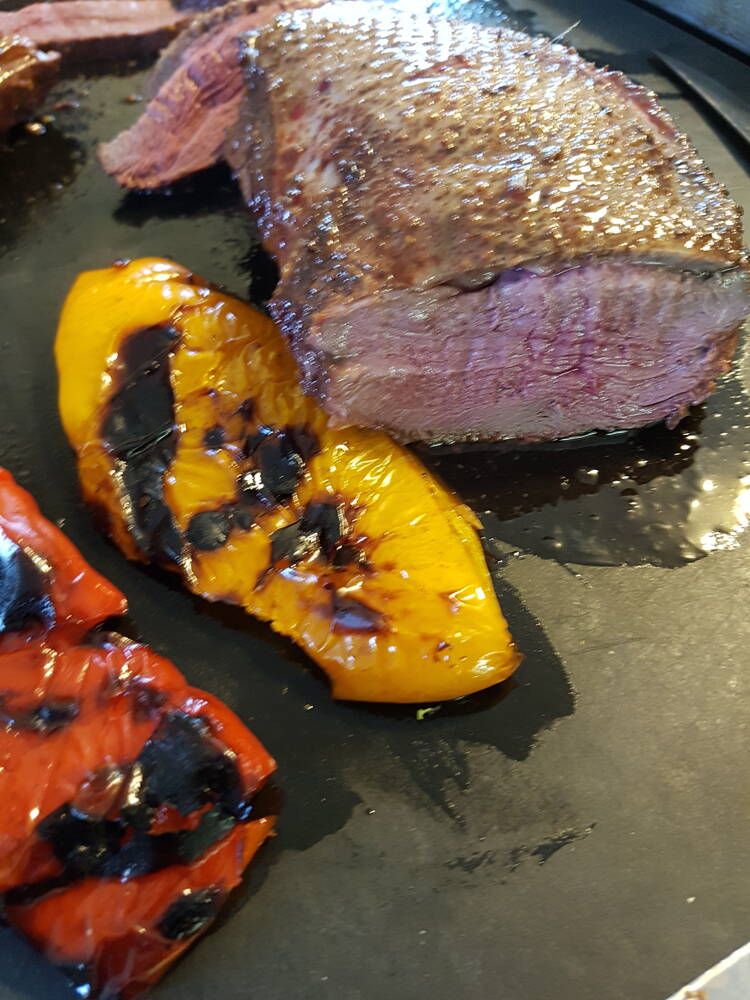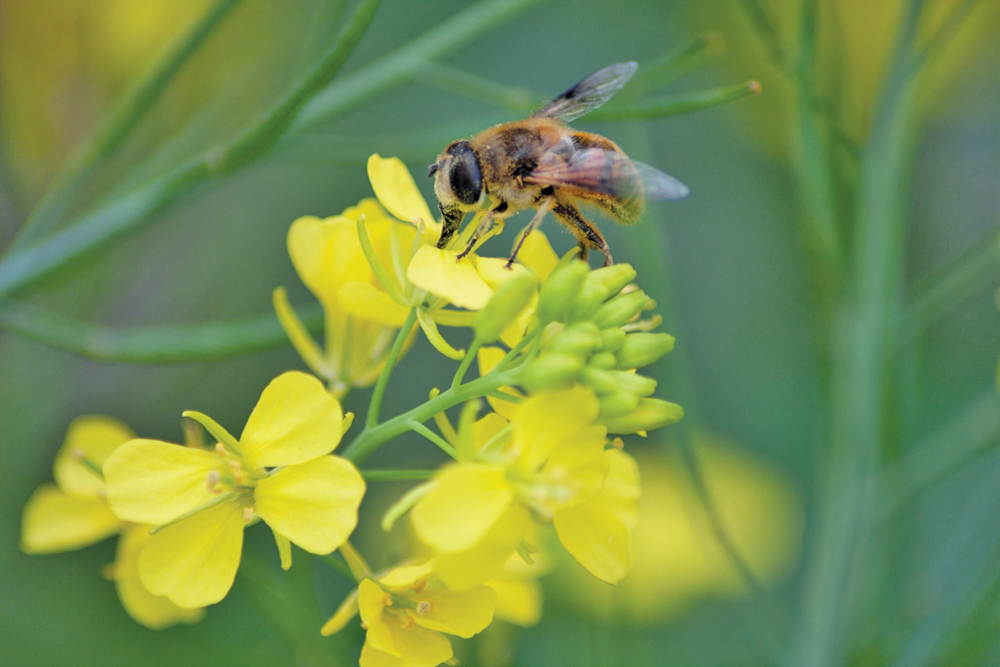Rural Manitobans wasted no time making a critical educat ional need known to Deborah Poff after she became Brandon University’s new president in 2009: this province desperately needs doctors committed to living and working in a rural practice.
She’s been there. Poff was vice-president of academics at the University of Northern British Columbia when it created a medical school in 2004.
Since her arrival in Brandon, rural Manitoba’s leaders and community groups have been steadily making a case for a Brandon medical school, culminating in the province’s announcement earlier this month of $350,000 for a feasibility study.
Read Also

Giant Canada geese have gone wild in Manitoba
Giant Canada geese are seemingly everywhere and can be fine table fare for local hunters, but 70 years ago, they were borderline extinct.
“It’s been an exciting 2-1/2 years,” Poff told about 120 delegates attending the Manitoba Women’s Institute’s annual convention here last weekend where she was keynote speaker.
Poff will co-chair the 10-member steering committee to oversee the study along with University of Manitoba’s dean of medicine Brian Postl.
The study will include broad-based consultation with rural communities as well as scrutiny of initiatives around the world where medical schools were created to meet physician shortages in rural and remote areas, Poff said.
The creation of a new medical school is in tandem with her hopes and aspirations for Brandon University. Poff said she aims to make educational opportunities more widely accessible to the dispersed rural population of the region including this province’s large Aboriginal population.
At 15 per cent, BU’s student population of self-declared Aboriginal background is one of the highest in Canada, something BU is proud of, she said. Yet, at the same time Manitoba also has one of the lowest participation rates in the country in terms of the general population pursuing post-secondary education.
“Place-bound people living and working in rural Manitoba deserve the same quality of access as their big-city cousins,” she said. “The same is true of access to quality health care and neither is actually the case right now.”
Speaking on her own career and educational path, Poff described growing up in a small town near the Quebec border in a single-parent family after her father died suddenly when she was eight.
It became clear very early in life that education was key to improving the conditions of people’s lives, and in particular, rural women’s lives, she said.
“I quickly realized that if you plan to live your life as a wife, mother and homemaker you’d better be very lucky,” she said. “For many women who make that choice, they’re one husband away from poverty.”
Poff is widely recognized as a leading Canadian thinker in feminist scholarship and has done extensive research on leadership, health-care ethics, social justice issues and women’s studies. She has a PhD in psychology from the University of Guelph.
Justina Hop, MWI president and Tolstoi-area dairy farmer said Poff’s talk is an inspiration to those wanting to achieve something for their own lives and to improve the lives of others.
“We want people to think about how do you step into a leadership role and why you step into it. And don’t be afraid about stepping into a leadership role,” she said.
The MWI’s convention theme this year was a continuation of their “Women in Leadership” program initiated last fall to build capacity for same among rural women. Other invited speakers at the two-day conference were also asked to talk about their lives’ paths and experience in leadership roles.
“We want to encourage women to step up and go forward,” said Hop.



















